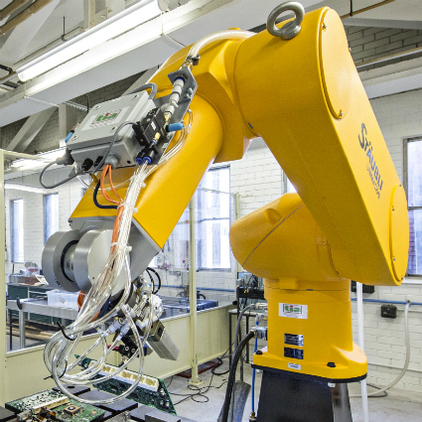
Summary: The ZWZE GC is an immense task to undertake. It is not possible, within the time of the CIMIS, to completely eliminate waste. Therefore this project aims to augment the current level understanding of waste management by addressing several key areas including technology, modelling and decision making.
Project Description: Many companies have taken on board the challenge to reduce waste and emissions with respect to their manufacturing activities due to a number of financial and legislative initiatives and strategies. These endeavours are generally focused on the most cost effective solutions for reduction of waste and emissions, without fully understanding their wider life cycle impact. This project aims to investigate methods, tools, technologies and processes required to support the long term goal of Zero Waste Zero Emission (ZWZE) by manufacturing industry, whilst ensuring that environmental impacts of waste and emission management activities over their entire life cycle are understood and reduced. The project will extend the scope of waste flow modelling from various processes within a manufacturing facility to include the related activities at supply chain level. This will ensure that ZWZE is not achieved simply by the displacement of detrimental impacts to upstream and/or downstream processes. In addition, a range of novel recycling technologies required to deal with complexity in material mix with modern products are also investigated. Finally, the project will also explore appropriate methods for developing ‘Key Performance Indicators’ required to support principle decisions in the management of waste throughout the entire supply chain of a product.
Project Highlights:
The first three mini-projects have been developed looking at:
1. Future recycling technologies: This focuses on applications where more sensitive materials are used, such as rare earth elements, strategically important metals and composites etc…These materials have highlighted a need for new recycling technologies for future products.
2. Waste Flow Methodologies: Investigations into modelling waste across a supply chain rather than in isolation in a factory are being carried out so that the full impact of a products waste can be assessed.
3. Development of appropriate KPIs: To support selection of the most appropriate waste management options, with the core concept of ‘not every waste management option is environmentally or economically sound’, investigations are looking at the actual environmental and economic sense of current waste management options.